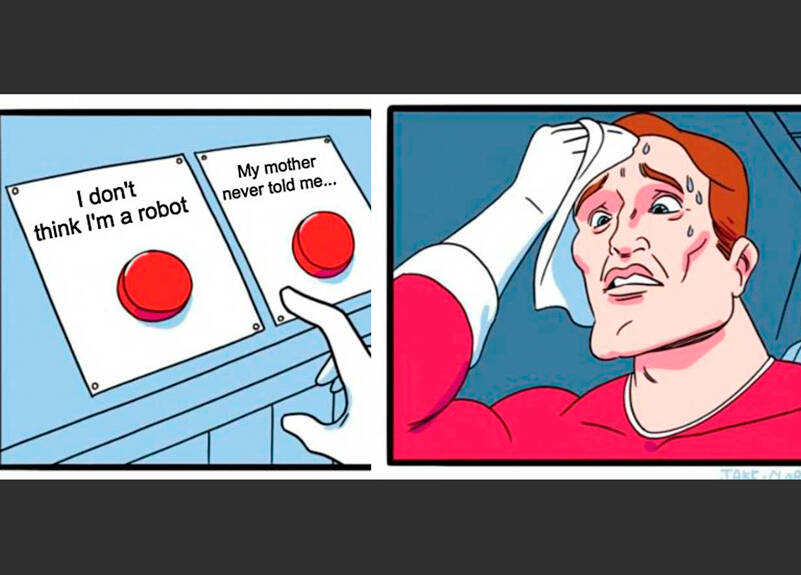By Morf Morford, Tacoma Daily Index
Every decade is defined, or at least framed, by the issues, concerns, fears and fantasies that emerge or take shape, or in some cases dominate our thoughts, conversations and headlines. These might be issues that have simmered for decades, or, like debt on a national basis, nearly eternally, while some, like bots and AI (artificial intelligence) take new, and to some, more menacing focus.
In most cases, there is nothing new about these issues, though they take shape and have impacts unique to their time and location. And sometimes they emerge with a vengeance.
Budgets
There’s probably nothing more ingrained in human societies than debt.
Operating any large scale systems or projects, from roads to aqueducts to military and law enforcement costs money – lots of it.
And if “We the people” agree on anything, it is that we don’t like taxes.
As a result, any nation has a challenge to pay its bills. But every nation does. If it can. Until it can’t.
There’s an old saying that every empire dies from within – not from external forces. External forces after all, are clearly defined, and relatively speaking, easy to defend against. Internal forces, even those as nearly eternal as debt, are difficult to define and, even more difficult to respond to.
If you’ve experienced personal debt, you know that some debt is unavoidable – medical debt for example. Other debt is the result of poor financial management, and another category of debt is as an investment – on a business or education for example.
But no matter the cause, debt accumulates.
And over time, accumulating debt can paralyze even the most vibrant economy.
Borders
Borders literally define the parameters of any and every nation.
If you travel the world at all, you notice that some border restrictions are extreme, while some are (relatively) lax.
Some nations restrict what you can bring into their country – others restrict what you can take out.
Some nations strive to keep certain categories of people out, while other nations work hard to keep certain people in.
Borders are very strange when you think about them. Where one is born, relative to an arbitrary, human-constructed line (sometimes literally in the sand) defines an individual’s identity and destiny for their entire lives.
Every one of us come into this world and find ourselves subject to rules, definitions and obligations we had (and for the most part continue to have) no part or voice in deciding – or accepting.
Some nations, like Poland as an extreme example, have a long history of shifting border lines. Some regions were German or Russian – or even still contested.
Some nations are easy to enter – or even to gain citizenship, others are restrictive in one, or both categories.
Some nations are magnets for immigrants, others are near-constant sources of refugees and emigrants.
Some nations welcome immigrants eagerly, others welcome them grudgingly. And some nations don’t accept them at all.
Banks
Banks hold our money for us. At least most of us think they do. And we expect our money to be available to us when we need it. And, as anyone who follows financial news would know all too well, this is not always true.
When banks struggle, or even worse, literally fail, it is our assets that, even though they have FDIC insurance, are at risk. Or at least held up for a time.
FDIC protection is for bank customers – not banks. FDIC protects our assets – not the assets, or business model, or even continuing economic survival of banks themselves.
Most of us might think of banks as being a public service, and in many ways they are, but at their root, they are businesses. And, when stressed, they do what every business, organization or living thing does – fights for its own survival. Often at our expense.
Bots
A bot is an automated software program that digitally imitates or replicates some type of human activity.
Up until relatively recently, bot and robot were often used as synonyms. Today, bot is used as a synonym for software robot, while the term robot is used in the context of mechanical robotics. Which means that bots are used by call centers, hackers, and potentially anyone who searches for and finds information on the internet.
According to some who monitor such things, about half of all internet traffic currently consists of bots that are used to simulate human communication in social networks, search for content online for companies, perform search engine optimization, automate customer service and carry out criminal activities.
Bots excel in activities that are repetitive and can be done quickly. Whether it is destructive malware or a complex medical diagnosis, bots can process it quickly. Chatbots, for example, attempt to replicate human conversation by responding to certain phrases with programmed responses.
Social media bots (bots that inhabit and probe social media) provide useful services, such as weather updates, sports scores or election results. But could they, should they, will they, do more than that, and take over not only jobs, or entire industries – and, of course, aspects of humanity that we assume only human beings could have?
If you have the appetite for an exploration of where bots could easily take us, including human extinction, I recommend this article.
Borders, budgets, banks and bots have come to dominate our economy, our media, our conversations and our nightmares. We will see where each one takes us.






